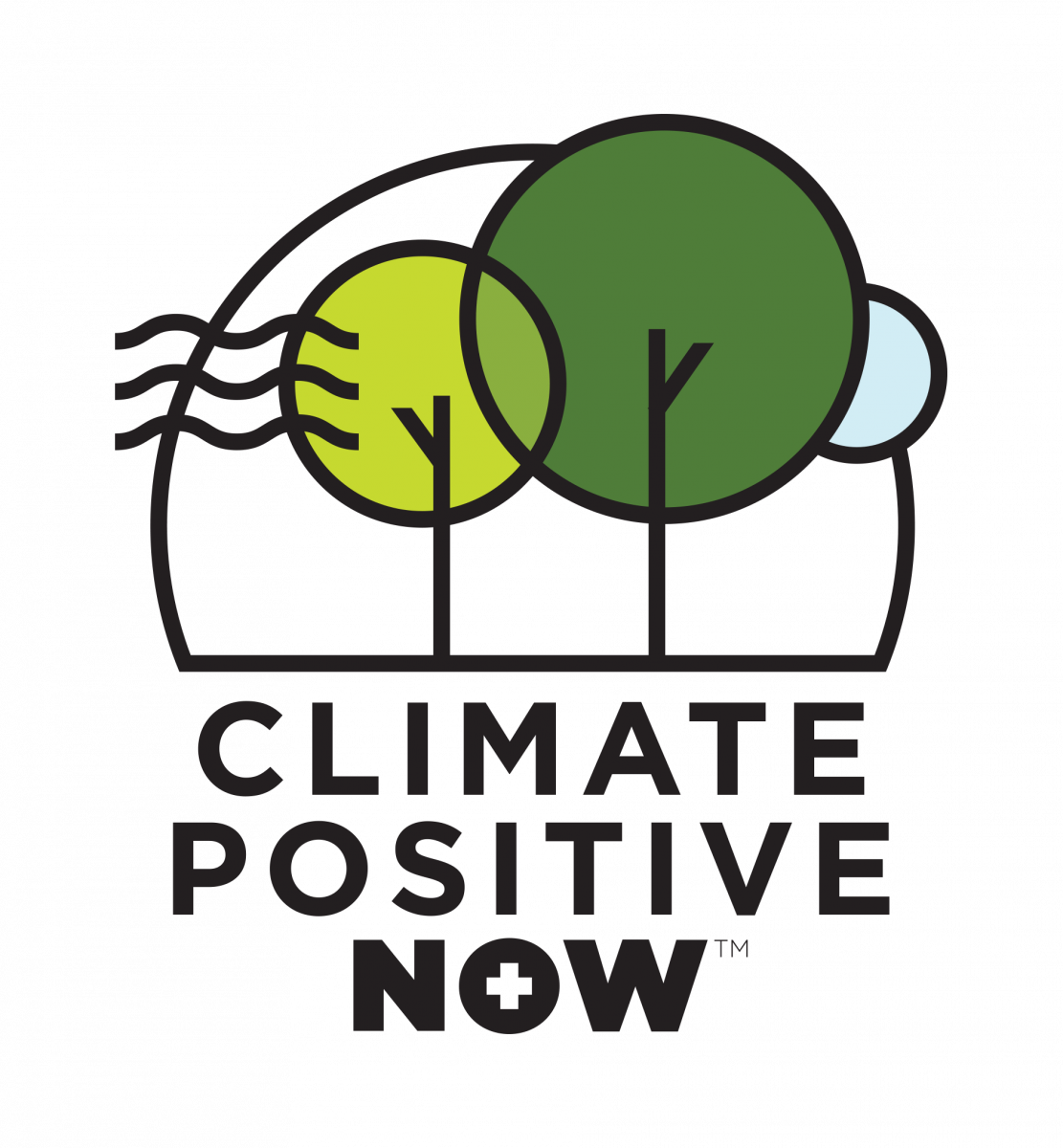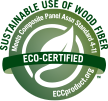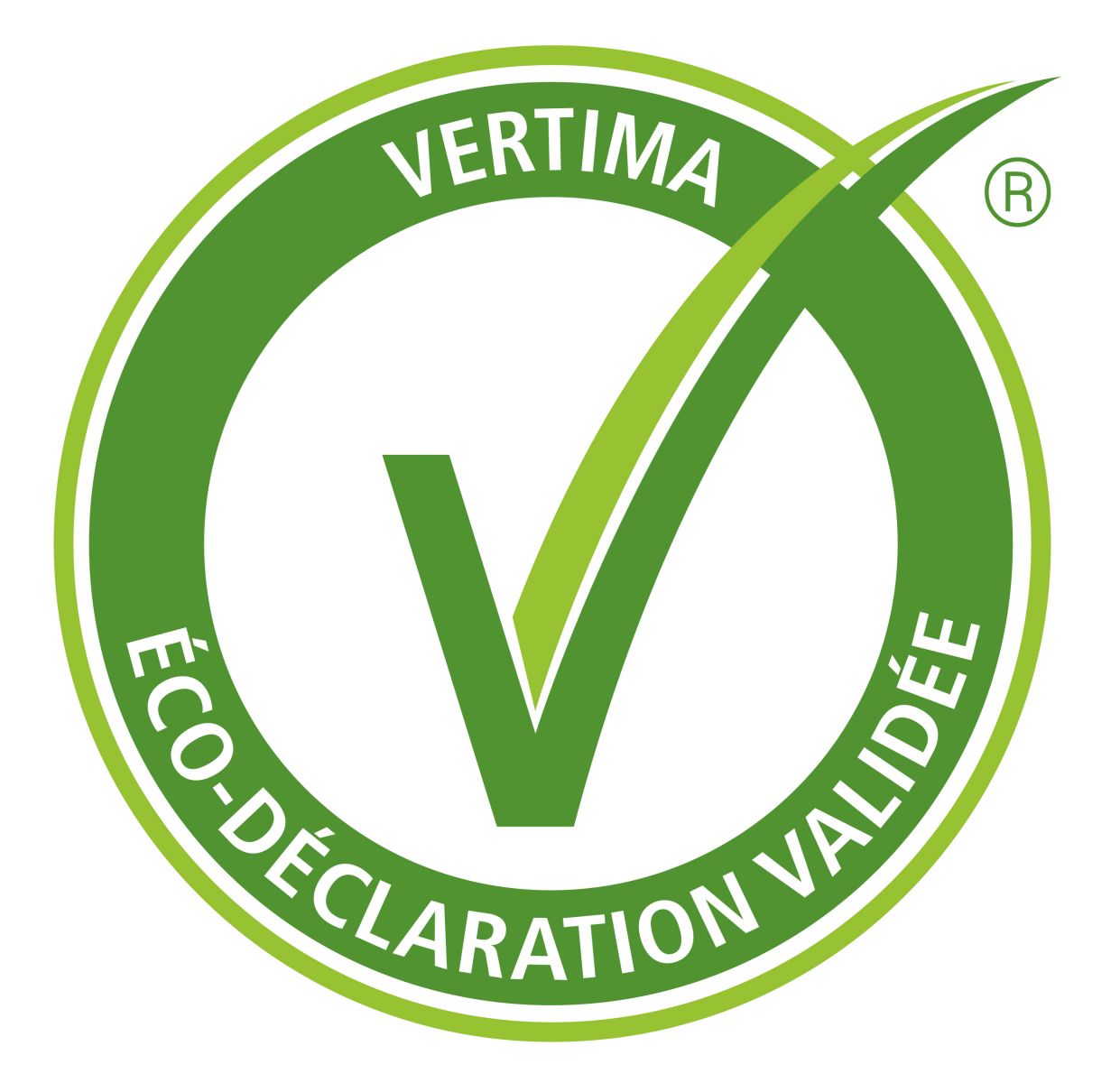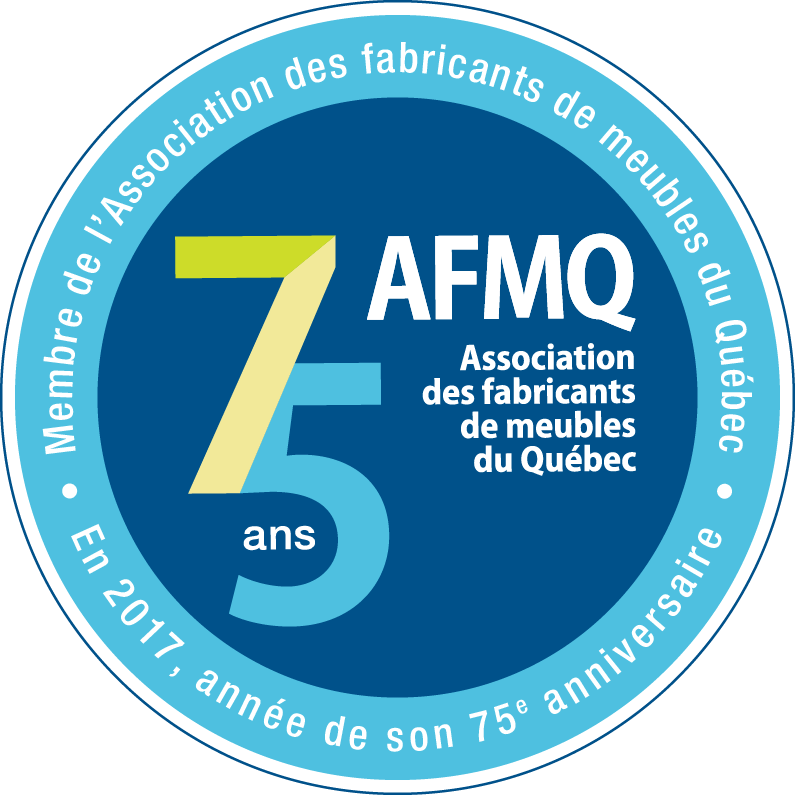Environment
Respect for the environment underlines Uniboard®'s entire manufacturing process. Our environmental policy is based on the sustainable use of natural resources and was implemented with the health and well-being of our employees, customers and the community in mind.
Environmental awareness
Our environmental audit program helps us stay abreast of changing rules and regulations while identifying potential risks in our operations. Long before environmental concerns became mainstream, Uniboard was in the forefront by recycling post-industrial wood waste otherwise destined to be burnt or sent to landfill.
Today, we continue to ensure the proper use of wood fiber waste into value-added and environmental friendly products. Uniboard recuperates and reuses post-industrial and urban wood waste to reduce wood fiber consumption and land filling.
In partnership with our customers, Uniboard developed lighter products with outstanding physical properties that reduce our carbon footprint and help reduce CO2 emissions in production and transport. Concerning urea formaldehyde, Uniboard constantly strives to reduce emissions from its products and meet and exceed voluntary industry standards. All our NU Green® products meet CARB Phase 2 and TSCA TITLE VI emissions standards, the most stringent environmental guidelines in North America. In fact, our NU Green portfolio goes above and beyond CARB 2 and TSCA TITLE VI standards as our NU Green products are also offered in NAF and ULEF options. NU Green products help builders achieve LEED®** certification, the most recognized program to promote ''Green'' buildings.
All Uniboard mills are ECC™ certified (Eco-Certified Composite by the Composite Panel Association (CPA)). In addition to meeting the emissions requirements imposed by Carb Phase 2 and TSCA TITLE VI, our Mont-Laurier, Val-d'Or and Sayabec mills have exceeded the assessment criteria for the carbon footprint, responsible wood sourcing, the sustainable use of wood fiber, and the use of recycled/recovered fibers and local resources.
Uniboard employees are sensitive to environmental issues and are committed to protecting the environment through their daily activities. The company is committed to the communities we work in and has programs in place to keep the community informed of all initiatives undertaken to improve environmental protection and the quality of life.
We conform to relevant legislation and regulations and go beyond this by adhering to voluntary standards and putting in place more ambitious targets.
*CARB - California Air Resource Board
**LEED® - Leadership in Energy & Environmental Design®
Environmental Policy
As a leading North American producer of decorative composite wood panels, Uniboard is convinced that operating a profitable business and maintaining a responsible approach to people and resources are by no means contradictory aims, but that they are actually mutually beneficial. At Uniboard, we work with renewable and sustainable resources, conserve energy, and reduce material consumption and emissions to produce quality products in a clean and safe manufacturing environment.
LEED
The LEED® (Leadership in Energy and Environmental Design®) certification program is a U.S. and Canadian system originally developed by the US Green Building Council (USGBC). The Canadian version, instituted by the Canada Green Building Council (CaGBC), was adapted for the country’s climate, building standards and regulation, in accordance with the principles of the U.S. LEED® program.
All Uniboard products can help you achieve points for LEED® certification.
For more information on the LEED® certification program, visit www.usgbc.org.
FSC®
Our facilities are FSC certified for traceability and chain of custody by the Rainforest Alliance.
Our raw particleboard, medium density boards and TFL melamine are now available as FSC certified products (upon request). The NU Green collection of NAF and ULEF particle products are all automatically FSC certified which maximises the value of these products for our customers.
The Forest Stewardship Council® (FSC) is a non-governmental, non-profit organization. It was created in 1993 by a representative group of organizations from 25 countries. Its mission is to promote the responsible management of forests. Its main concept is the chain of custody that follows the product from forest to consumer. To find out more about FSC certification, please visit www.fsc.org.
CARB 2
All of our mills in Quebec have been certified by the Composite Panel Association (CPA) in compliance with regulation ATCM 93120 of the California Air Resources Board (CARB) Phase 2 emissions standards for the production of raw particleboard and medium density fiber (MDF).
Certification of all our production facilities represents a significant step in our efforts to ensure that all our North American operations are compliant with CARB Phase 2 standards. This certification sets us apart from our competitors and signals to our customers that they can continue to count on Uniboard to meet their needs.
Maximum measurement values as per ASTM E1333, tests carried out in major laboratories:
|
CARB Phase 2 2012 |
<0.09 ppm PB
<0.13 ppm MDF & HDF |
Uniboard, a leader in decorative composite panels, is pleased to announce that it has been approved as a manufacturer of Ultra Low Emission Formaldehyde (ULEF and NAF) particleboard by the California Air Resources Board (CARB). Uniboard's use of ULEF and NAF resin in the production of its NU Green® products has earned the company an exemption from the requirements of section 93120.3(b) of the Airborne Toxic Control Measure to Reduce Formaldehyde Emissions from Composite Wood Products.
For more information, visit:
CARB: www.arb.ca.gov/toxics/compwood/compwood.htm
Composite Panel Association (CPA): www.pbmdf.com, www.carbrule.org
ECC
The ECC certification (Eco-Certified Composite) is a voluntary standard developed by the Composite Panel Association (CPA). ECC is composed of five criteria. Since this certification is awarded to a specific manufacturing facility, each facility must meet the stringent requirements for emissions of CARB Phase 2 and comply with at least three out of five criteria established by the CPA. Uniboard's Mont-Laurier, Val-d'Or and Sayabec mills currently meet all five criteria: carbon footprint, local and renewable resource, recycled/recovered, sustainability and wood sourcing.
Click the link below to get more information on the ECC certification (English only).
http://www.decorativesurfaces.org/cpa-green/go-ecc-green.html
Formadehyde emissions grademark certification program
Uniboard fulfills the requirements of EPA TSCA Title VI (40 CFR 770) and/or CARB 2, CAN/CSA-0160-16, ANSI A208.1 and California Air Resources Board (CARB) Airborne Toxic Control Measures (ATCM) 93120.
Environmental Data Sheet
We are proud to make our Environmental data sheets available to the public, as well as Environmental Product Declaration (EPD) and Health Product Declaration (HPDs) for our products since 2016. These data sheets provide insight into the composition of our products. To be able to provide these detailed datasheets in accordance with the analysis criteria of life cycles and ISO 14025, we performed a systematic analysis of the life cycle of our products in collaboration with a third party specialist.
Certifications
| Mills | CARB Phase 2 | FSC® | ECC | TSCA TITLE VI |
| Mont-Laurier, QC |
|
|
|
|
| Sayabec, QC |
|
|
|
|
| Val d'Or, QC |
|
|
|
|







